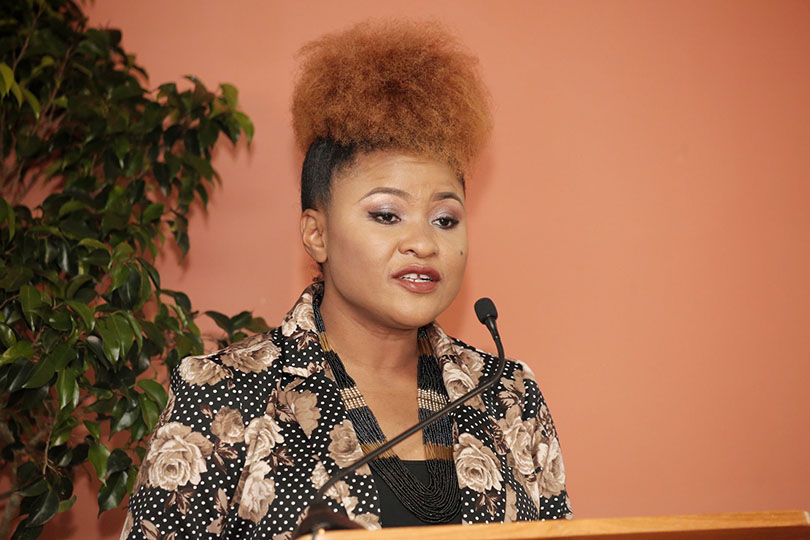(Trinidad Guardian) Less national scholarships will be handed out this year and less people will be able to access Government Assistance for Tuition Expenses (GATE) funding, after Minister of Education Dr Nyan Gadsby-Dolly announced major cuts to both programmes on Friday.Gadsby-Dolly announced the adjustments during a press conference at her Port-of-Spain ministry, noting the moves would save the Government $100 million annually.Among the moves to facilitate the cuts, national scholarships will be reduced from 400 to 100 annually and GATE funding for postgraduate studies in tertiary education institutions will be stopped. However, current postgrad students who have already applied and received approval will receive funding until August 2021.
Addressing the scholarships specifically, Gadsby-Dolly said the Government had been making a significant investment in this programme, as an open medical scholarship costs on average $600,000 per year for five years and open non-medical $450,000 per year for three to four years and an additional scholarship $225,000 for three years.
“During the period 2008 to 2019, over 1,586 national scholarships have been awarded at a cost of approximately TT 800 million dollars,” the Education Minister said.
Gadsby-Dolly also said students seeking to do a second undergraduate programme who are not currently receiving assistance will no longer receive funding.
“With immediate effect, funding under the year programme will be provided for no more than one programme up to the undergraduate level and funding for postgraduate programmes will be discontinued,” she said.
“Students already in possession of undergraduate or postgraduate qualifications, regardless of whether or not they were beneficiaries of the GATE programme, will not be able to get funding for any other programme.”
The minister also reiterated that students seeking to access GATE will have to do a mandatory means test.
“Effective August 2020, all applications for GATE funding will include a mandatory means test. Failure to complete the means test will disqualify the application from being considered for GATE funding,” said Gadsby-Dolly, who explained that the level of funding will be adjusted according to household income.
Household incomes below $10,000 per month will see students qualifying for 100% funding for tuition.
Incomes above $10,000 per month but less than $30,000 will qualify students for 75% funding for tuition fees while students in households with incomes above $30,000 per month but less than $75,000 will secure 50% funding for tuition fees. Households with income above $75,000 will be ineligible for GATE funding.
When the GATE programme was last adjusted in 2017, the means test was introduced but it was not mandatory and all students were still guaranteed some level of assistance. Prior to the 2017 adjustment, the Government stated that $6 billion had been spent on GATE from 2004 to 2016, prompting cuts to various institutions, access to GATE for students over the age of 50 as well as the introduction of the means test.
In the 2020 Budget, Finance Minister Colm Imbert announced that GATE funding






